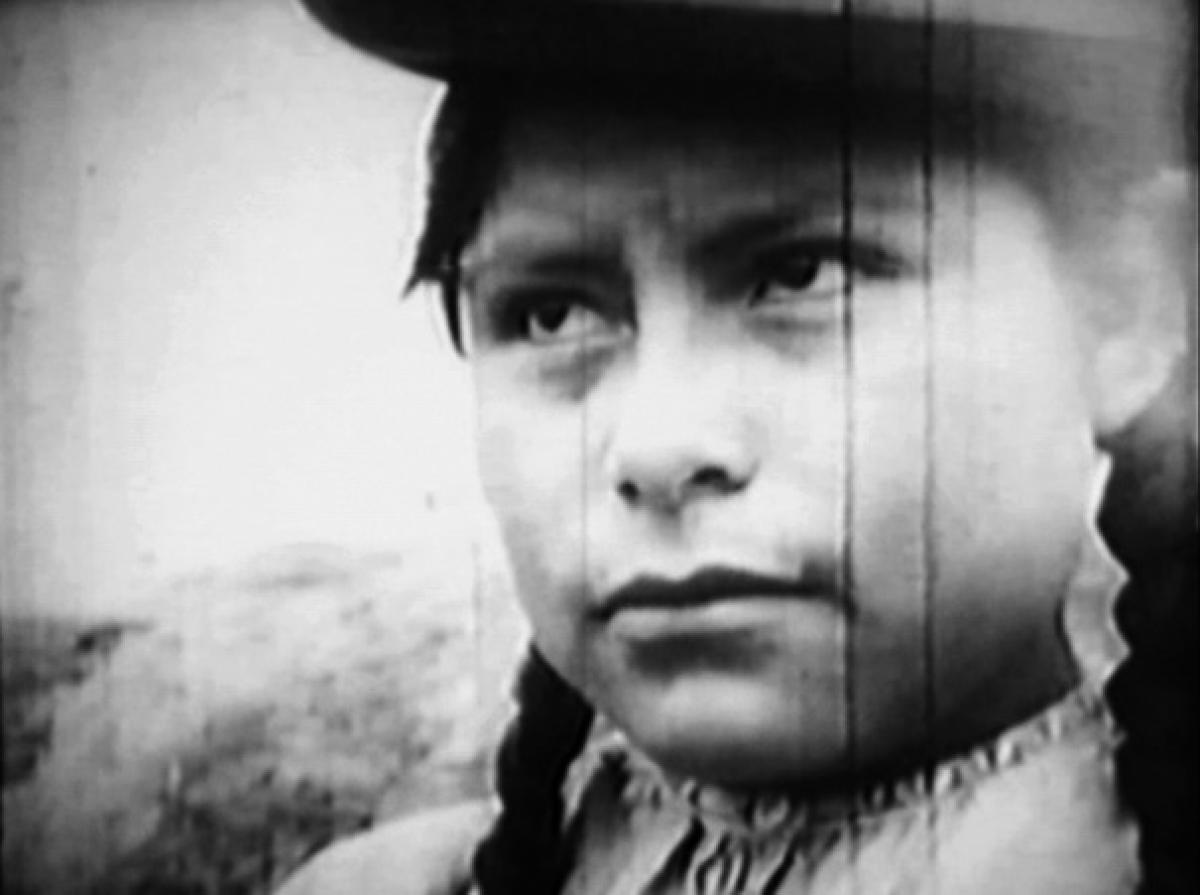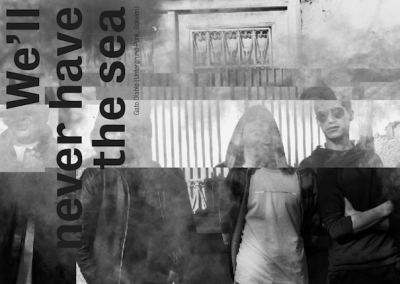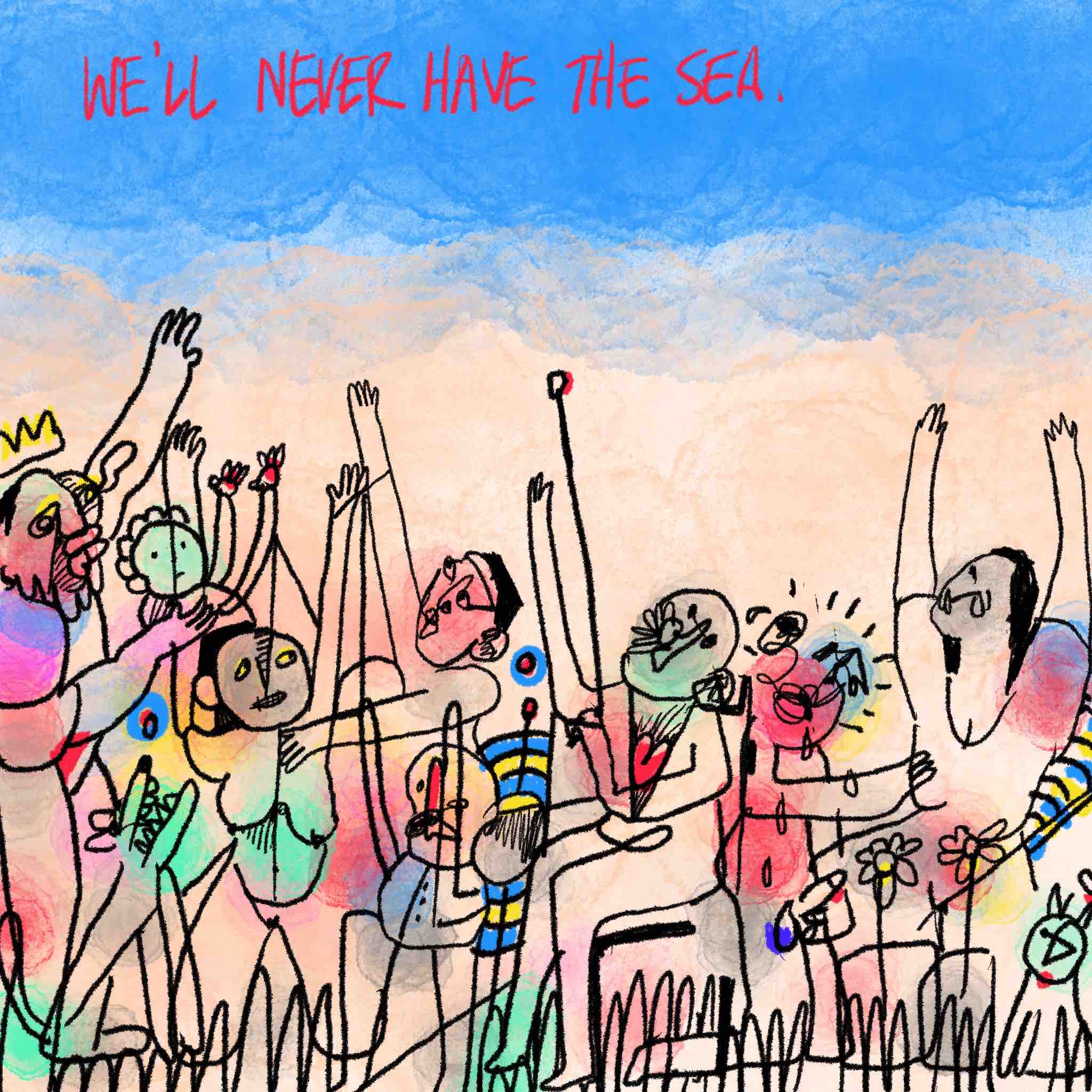
The Creature’s Grip
Gato Diablo's music video «Nunca Tendremos Mar» (We'll Never Have the Sea) discusses Bolivia's national trauma: the loss of its access to the sea in the War of the Pacific between 1879–1883. From the Norient book Seismographic Sounds (see and order here).
The creature in Gato Diablo’s clip represents global capital. It extends its web to all corners of the world. From the Pacific it stretched out its hand, hesitant, penetrating Bolivia’s Atacama province and Peru’s Tarapacá first. It used Chile as a proxy, and finally it made its plan known: to overthrow Pachamama, the goddess of earth for indigenous people of the Andes. To extract its precious commodity, it used our traditional guano (agricultural fertilizer) to strengthen its greedy appetite for accumulation and profit. British merchant houses such as Gibbs, Crawley and Company, and Myers, Bland & Co. received the monopoly guano contract from the Bolivian government in 1842. That’s where the War of the Pacific had its origins.
The War of the Pacific, 1879 – 1883, which cut Bolivia into pieces, was capital’s big triumph. Chile violently incorporated the Pachamama into the web of global capital. The villagers fought the creature, using purifying fire against it, and started Bolivia’s attempt to free itself from the creature’s grip. This rebellion against capitalism is ongoing, as seen by the current president Evo Morales and his political party, MAS (Movement towards Socialism).
Gato Diablo’s video captures this history metaphorically by focusing on the loss of sea access, a result from the War of the Pacific. The title of the song «We’ll Never Have the Sea» means the dream of regaining the lost land will never come true. Instead, Bolivia’s national identity is still today defined by this loss: every March 23rd the nation marches during the Día del Mar (Day of the Sea), remembering Eduardo Abaroa, the defiant defender of Bolivia’s sovereignty. His spirit lives on in President Evo Morales’ Bolivia, which has demonstrated a respect for nature that is opposed to the environmental rape created by limitless capitalism.

This video is part of the Norient exhibition «Seismographic Sounds» and this commentary was published first in the correspondent Norient book.
Biography
Shop

Published on October 02, 2015
Last updated on April 10, 2024
Topics
A form of attachement beyond categories like home or nation but to people, feelings, or sounds across the globe.
How does this ideology, but also its sheer physical expressions such as labor affect cultural production? From hip hop’s «bling» culture to critical evaluations of cultural funding.
From Beyoncés colonial stagings in mainstream pop to the ethical problems of Western people «documenting» non-Western cultures.
How does Syrian death metal sound in the midst of the civil war? Where is the border between political aesthetization and inappropriate exploitation of death?
Special
Snap
